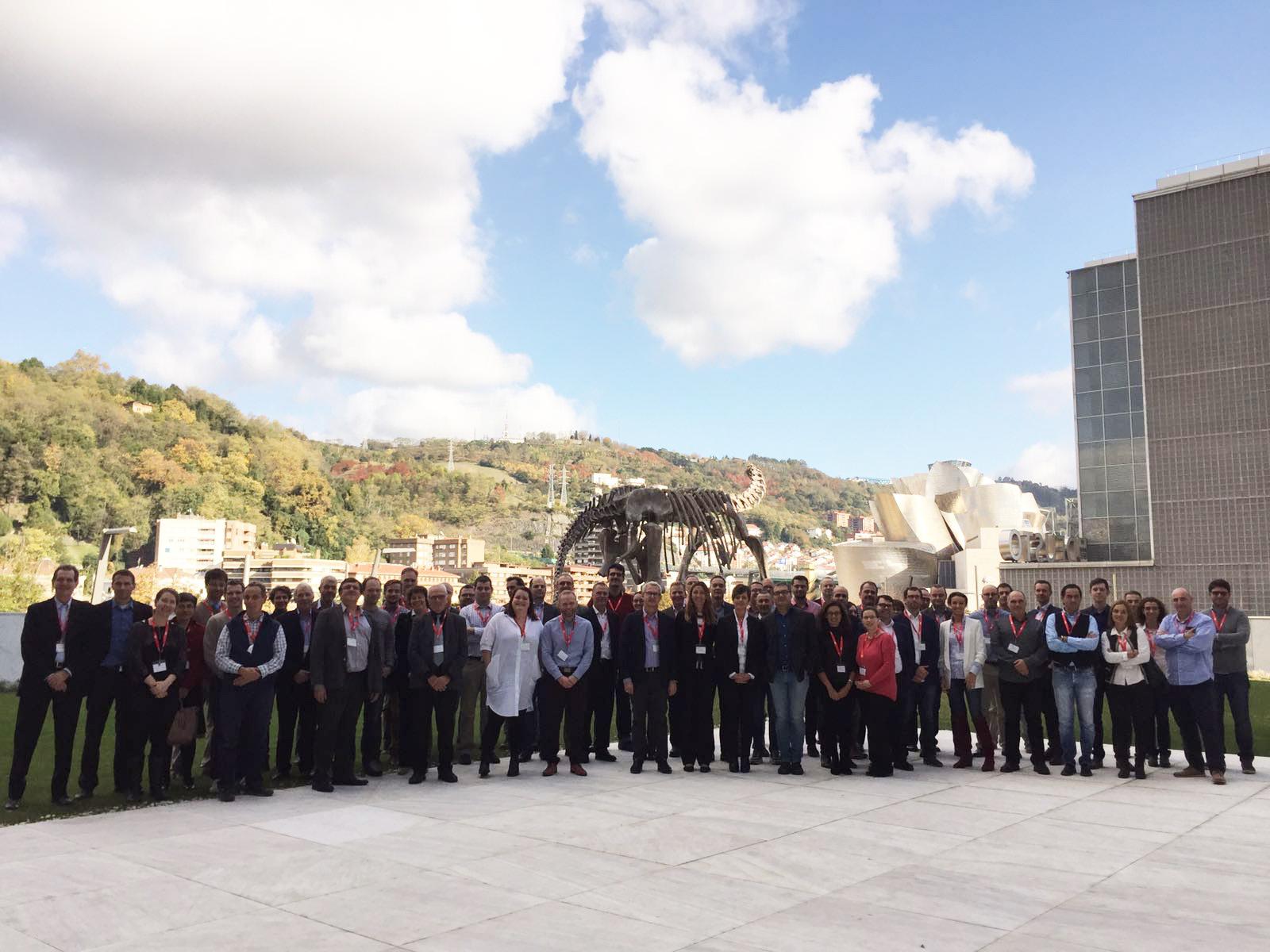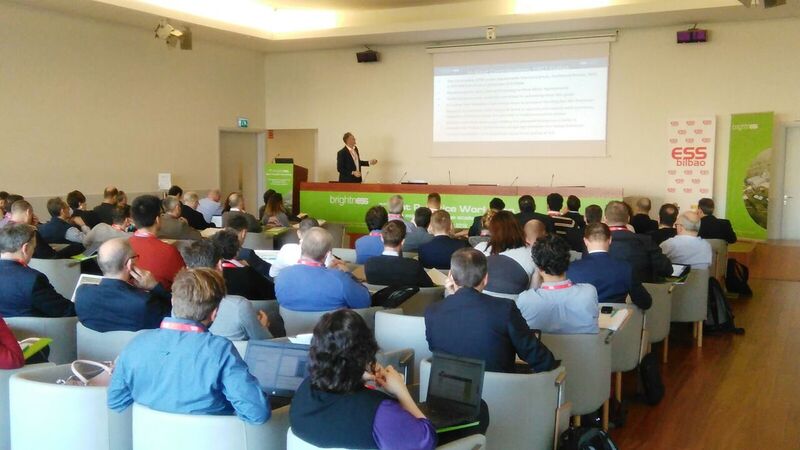First BrightnESS Best Practice Workshop on engineering aspects of large-scale In-Kind projects

On November 14-15, ESS Bilbao hosted the first workshop on best practises for engineering in areas linked to large-scale science projects, financed by in-kind contributions, like the European Spallation Source.
Engineers and physicists from around the world met to discuss the requirements and restrictions that arise in large-scale science projects from aspects related to engineering to the standardisation of the different components. The workshop also focused on best practises for documentation management systems, data exchange tools, standardisation of 3D designs and supply standardisation for components required to manufacture systems and subsystems (cables, vacuum pumps, screws, connectors and others). Essentially, the aim was to achieve greater coherence in all engineering-related areas of these inherently complex projects that are financed by in-kind contributions from a number of different partners.
"The exchange of experiences among the participants instantly identified areas that already affect the ESS today. The workshop is a vehicle to addressing these topics and work towards solutions with support from the collective knowledge of partners and collaborators,” says Peter Rådahl, Head of Engineering & Integration Support Division at ESS.
Engineers from world-renowned centres such as ITER, CEA-Saclay, Elettra Sincrotrone, MAX IV, ISIS, Diamond Light Source, UKAEA, DESY, INFN, FAIR, CNRS and PSI shared their experiences and knowledge with all of the partners who make up the ESS project.

Projects built on in-kind contributions, like the European Spallation Source ERIC, which count on the participation of nearly 100 institutions from 15 countries, members and observers, face inevitable difficulties in information management, in the adoption of standards and in the subsequent integration of all of their engineering processes. It is therefore essential, if such projects are carried out successfully, that all of the action protocols are standardised throughout all of the different countries.
“Initiatives like this workshop are very important for a complex and large project as the ESS. Communication, exchange of experience and best practice are the path for the success of cooperative projects as the ESS,” says José Luis Martínez, Executive Director of ESS Bilbao.




 is funded by the European Union Framework Programme for Research and Innovation Horizon 2020, under grant agreement 676548.
is funded by the European Union Framework Programme for Research and Innovation Horizon 2020, under grant agreement 676548.